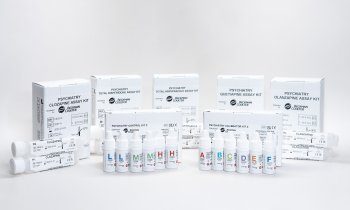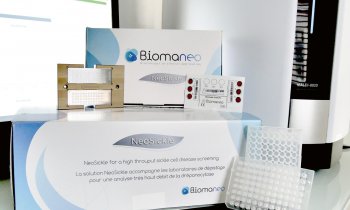High-cal intake: Hope for bowel cancer?
France - Less than 50% of those affected by bowel cancer survive beyond five years after diagnosis. However, new research* surprisingly suggests that a high calorie diet may increase chances of survival for longer.

Dr Marie-Christine Boutron-Ruault and researchers at the Institute for Food and Nutrition, INSERM, Paris, studied the energy intakes before diagnosis of 148 patients (97 men and 51 women) who had undergone successful surgery to remove cancerous bowel growths. These patients were monitored for up to 10 years.
46 died within five years, the strongest predictor of death being the advanced state of the tumour when first diagnosed. Factors increasing the length of survival were female gender, aged up to 65 years, and tumour location. Exercise, alcohol consumption, and smoking before diagnosis had little influence over survival rates, but energy intake did. Patients on low andmoderate energy intakes before diagnosis were about three times more likely to die within five years compared with those on a high intake.
Out of 50 patients (12%) on a calorie laden diet, six died within five years, compared with 22 of 48 on a moderately high calorie intake (46%), and 18 of 50 (36%) on a low calorie diet. The research was unable to identify a specific food or nutrient that increased survival.
Because a calorie-laden diet appears to increase the risk of bowel cancer, and calorie restriction is known to increase immune cell activity, this finding is surprising, say the authors. But they speculate that a high-energy diet may select for specific forms of bowel cancer that carry a better chance of survival.
Details: GUT 2003; 52:868-73. boutron@cnam.fr
01.07.2003











